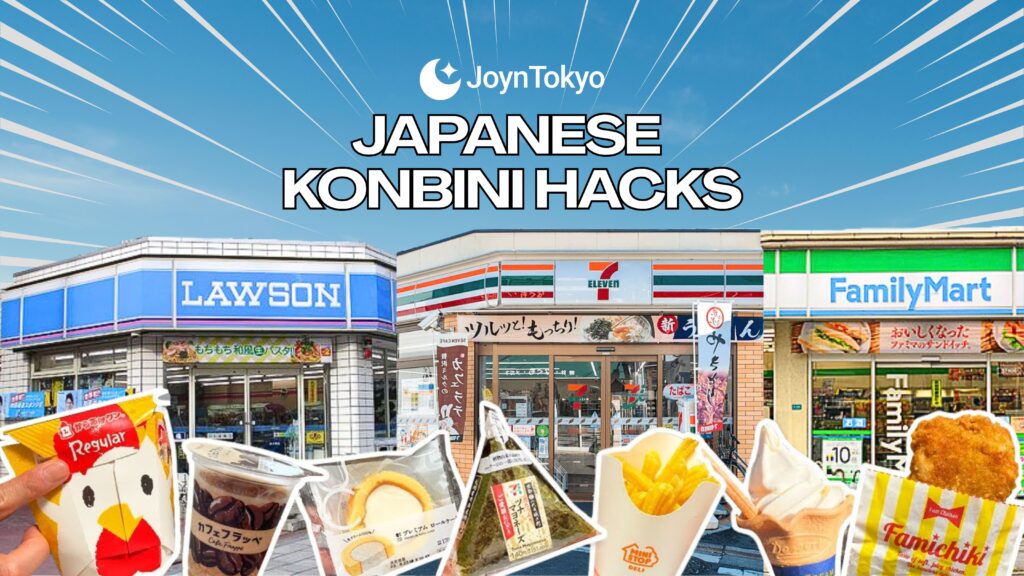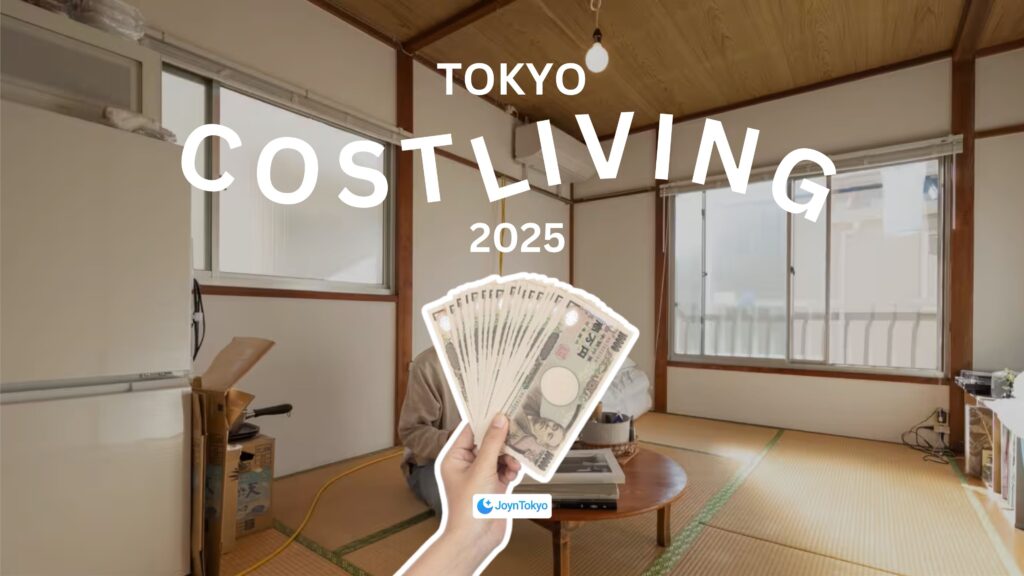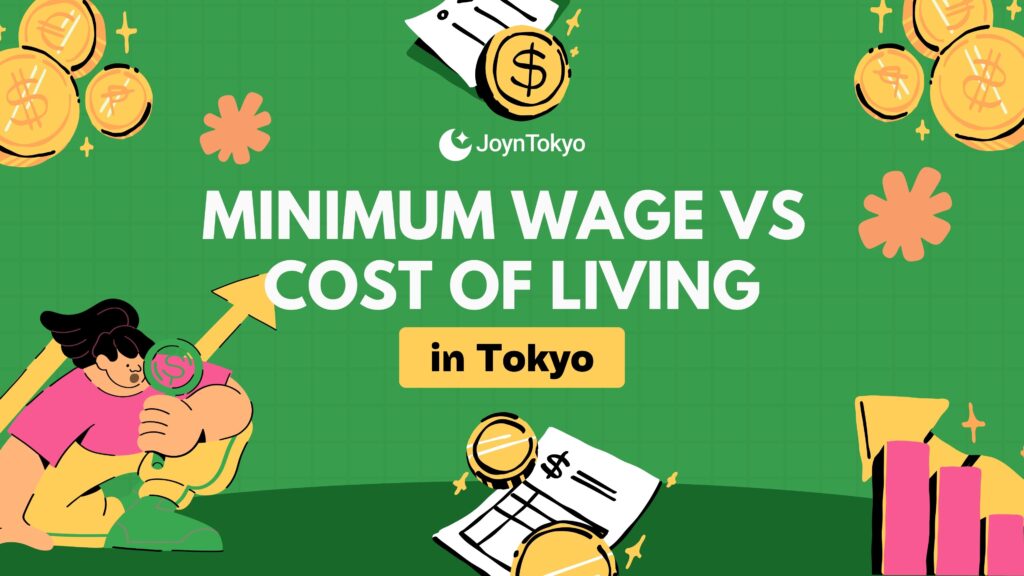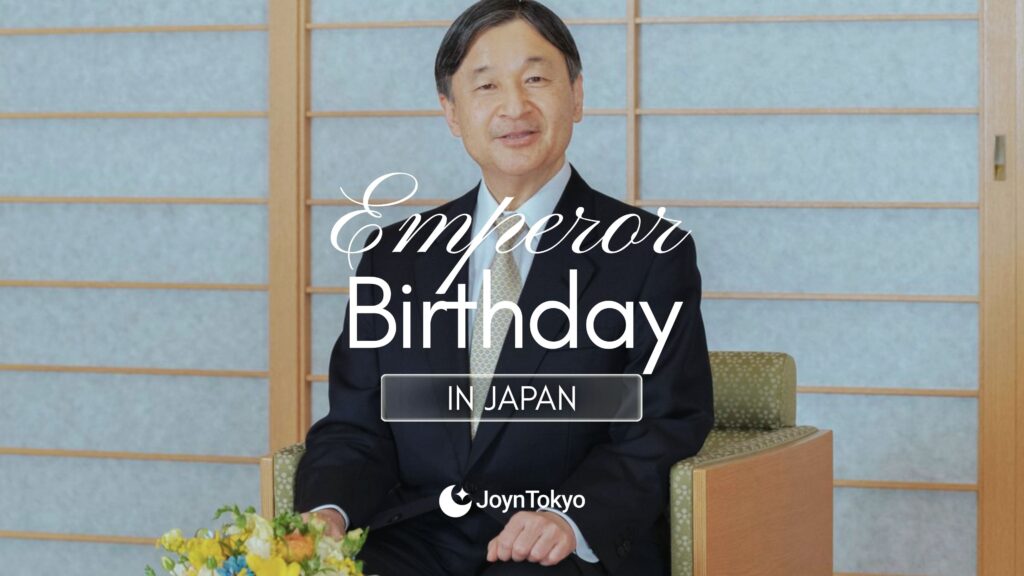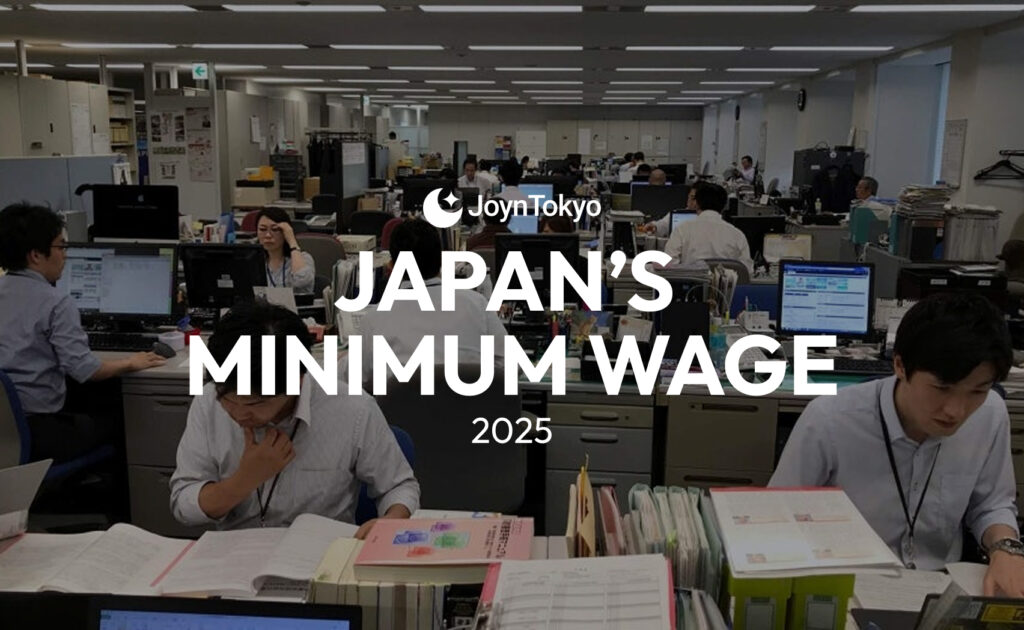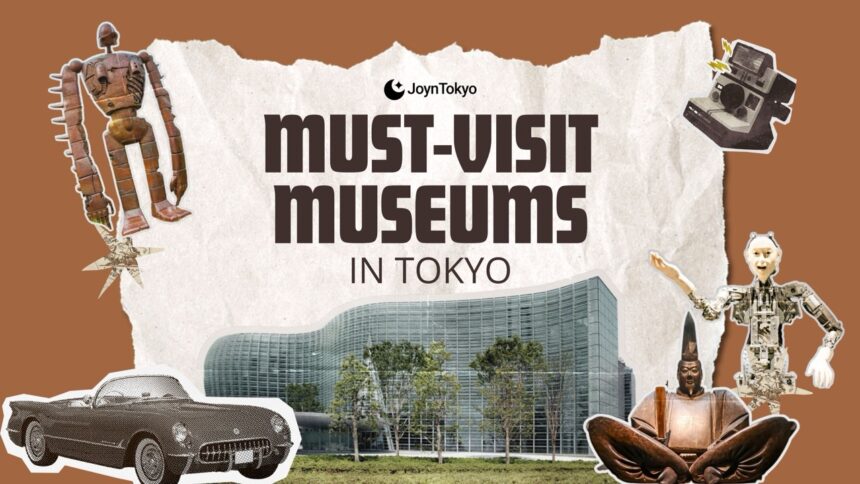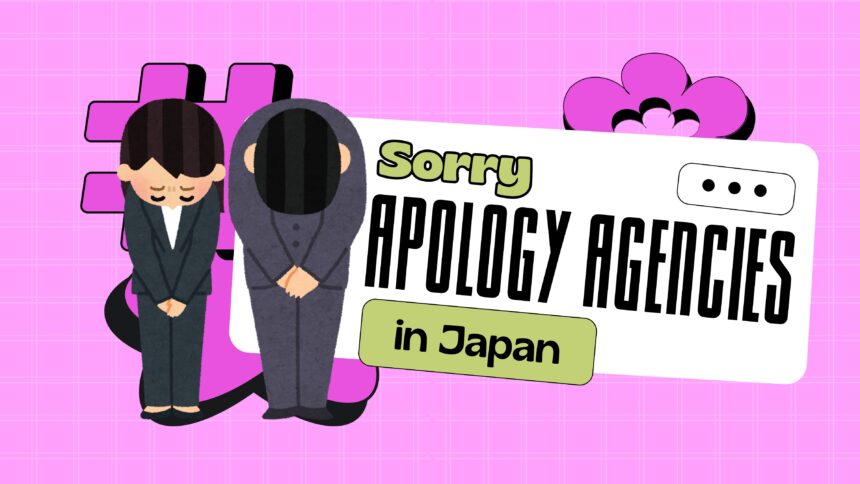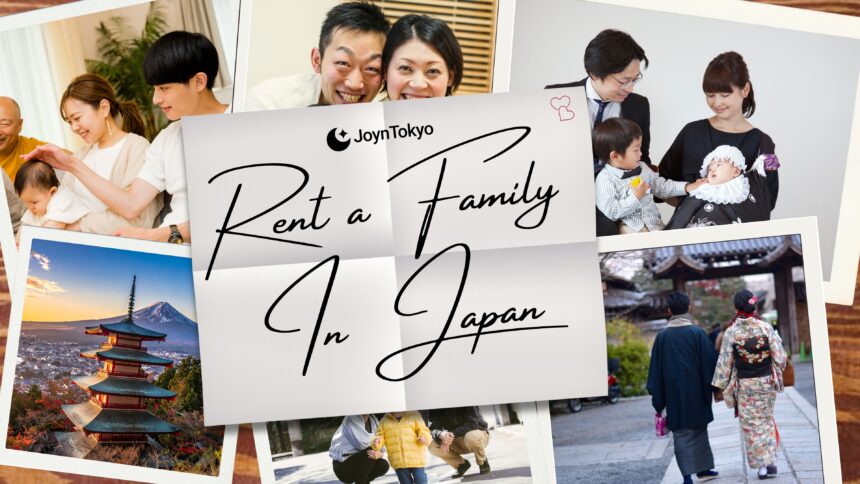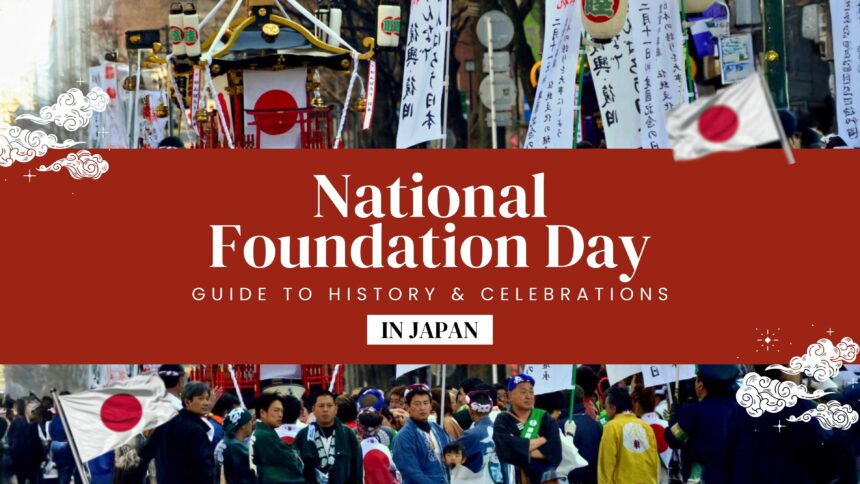For many people, living in Japan is a fantasy, and for some, it is a dream come true. But, like all dreams, there are things that can be a little weird, as well as a little exciting. Anyone who lives — or who has lived — in Japan will be able to tell you that there are things about being here that are incredibly different… for better or worse. So what are the best parts about living here? And what are the worst?
Pros of Living in Japan
Nobody would move to Japan (or indeed, anywhere else) if there weren’t benefits to living there. Beyond just being with family, friends, and loved ones, or finding a new job, there are multiple reasons that people from abroad love living here.
Read More
Safety
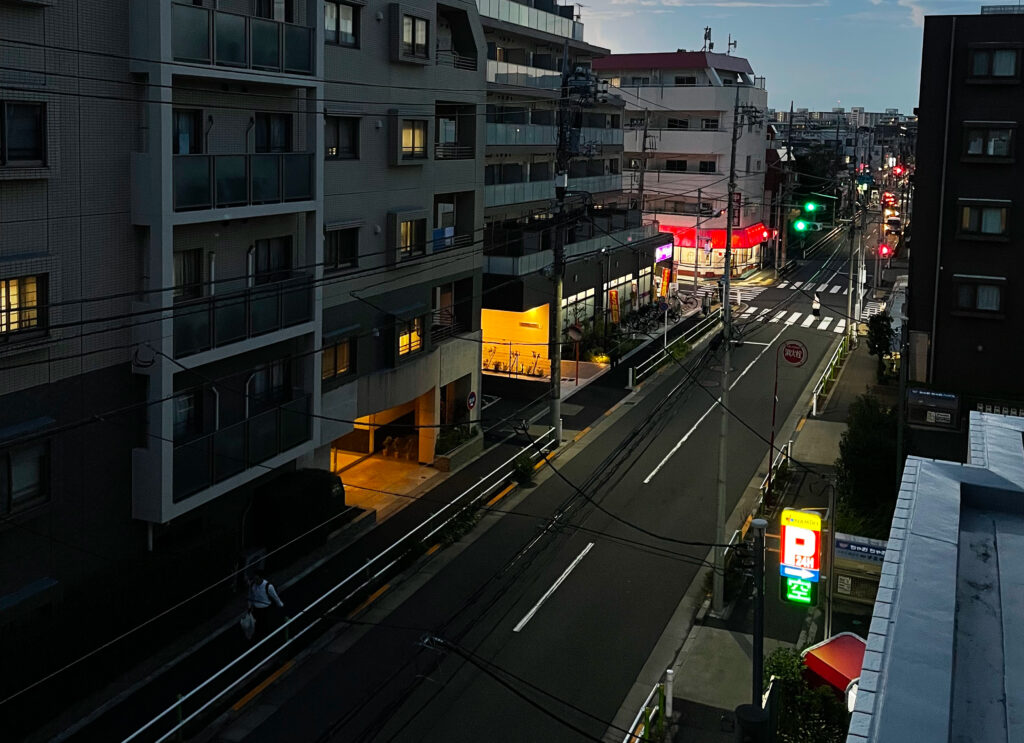
The high level of safety in Japan (combined with the rapid responses of the emergency services) is one of the most commonly cited reasons that people enjoy living in Japan. Even in large cities, like Tokyo, it isn’t uncommon for people to leave their doors unlocked at night, or for people to feel unafraid walking home alone at night.
In emergency situations, police boxes, known as “koban” are present in almost every town (and, in larger cities, almost every suburb) in addition to larger police stations. Ambulances in cities arrive rapidly (within ten minutes, in my experience) and fire engines are also very responsive in the event of a problem.
High Quality Food
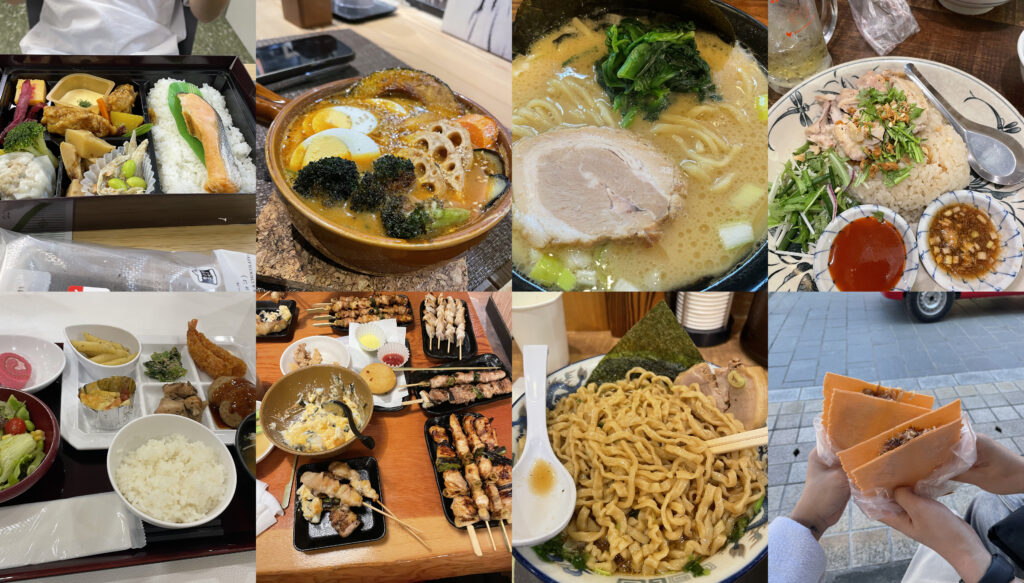
Japanese cuisine is well-regarded throughout the world, and is even recognized as a UNESCO Intangible Cultural Heritage. But even beyond the joys of sushi and sukiyaki, Japan is a culinary paradise. Tokyo has more Michelin stars than any other city on Earth, and even smaller Japanese towns will often have local restaurants and delicacies.
But the joys don’t end there: Japanese people are uncompromising when it comes to the quality of food, and this means that even cheaper meals that restaurant fare are known to be delicious. For sure, a ¥400 spaghetti carbonara from a convenience store is not going to be the best dish you’ve ever had in your life, but it will be far better than the equivalent meal from the US or most European nations.
Read More
Convenience
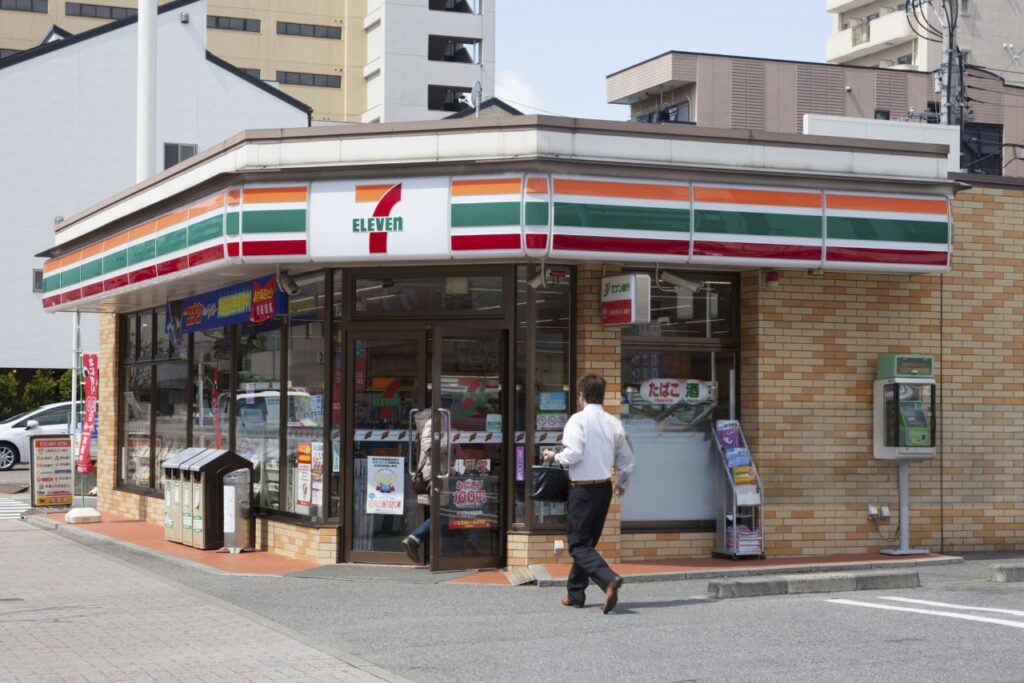
Need something to eat or drink at 3:00? Suddenly realized when you got to your hotel that you forgot to pack underwear? Need to pay a bill? Japan’s omnipresent convenience stores (or konbini) are an absolute godsend. There is very little that you cannot get at these stores, from snacks to clothing. They do tend to be more expensive than supermarkets, but if you need cup ramen at 2:30, there’s no substitute.
The transportation is also highly convenient. Trains (largely) run on time, so, barring issues such as signal failure or human accident, which are rare, you can always be assured that you can get where you’re going on time. While traffic makes things a little less predictable, buses are also highly efficient, and are rarely late (though it does sometimes happen: I once saw a poor coach driver berated by an elderly chap after being five minutes late).
Read More
Affordability
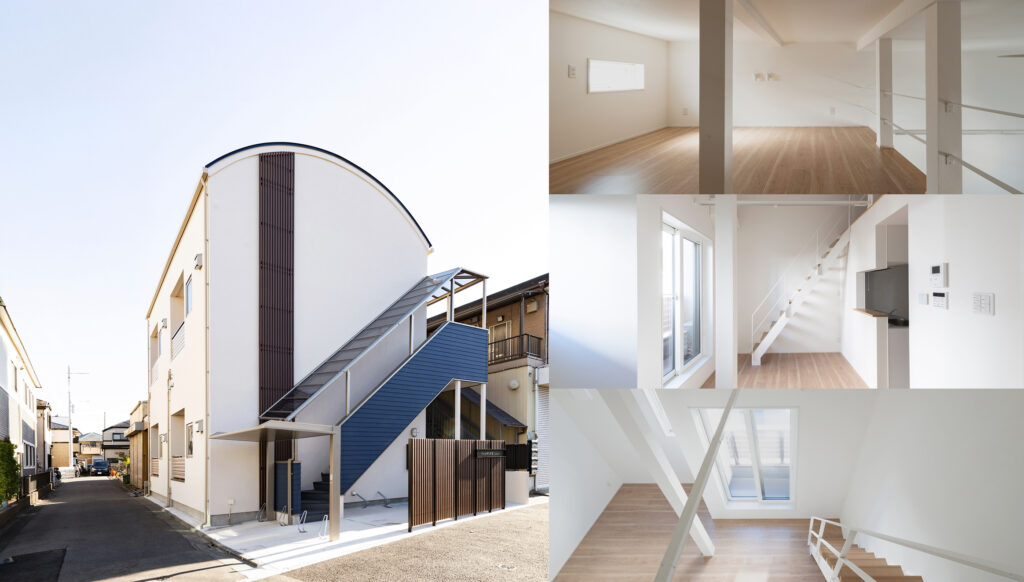
source: Tosho Juken
One thing that typically astounds people from the US and Europe is how affordable some things are in Japan, especially housing. Even apartments in Tokyo of modest size are far more affordable than capital cities in comparable cities, such as New York, London, or Paris (on a monthly basis: more on that below).
Further, the government has recently been active in providing subsidies to citizens when it comes to energy bills, including gas and electricity. While this might be thought of as “socialism” by some, this is a policy by the right-leaning Liberal Democratic Party-led government to support the people who live here during difficult times. Do not mistake my meaning: the Japanese government is far from perfect. But it is capable of intervening in the market on behalf of residents when the market is not in their favor.
Prevalence of Public Toilets
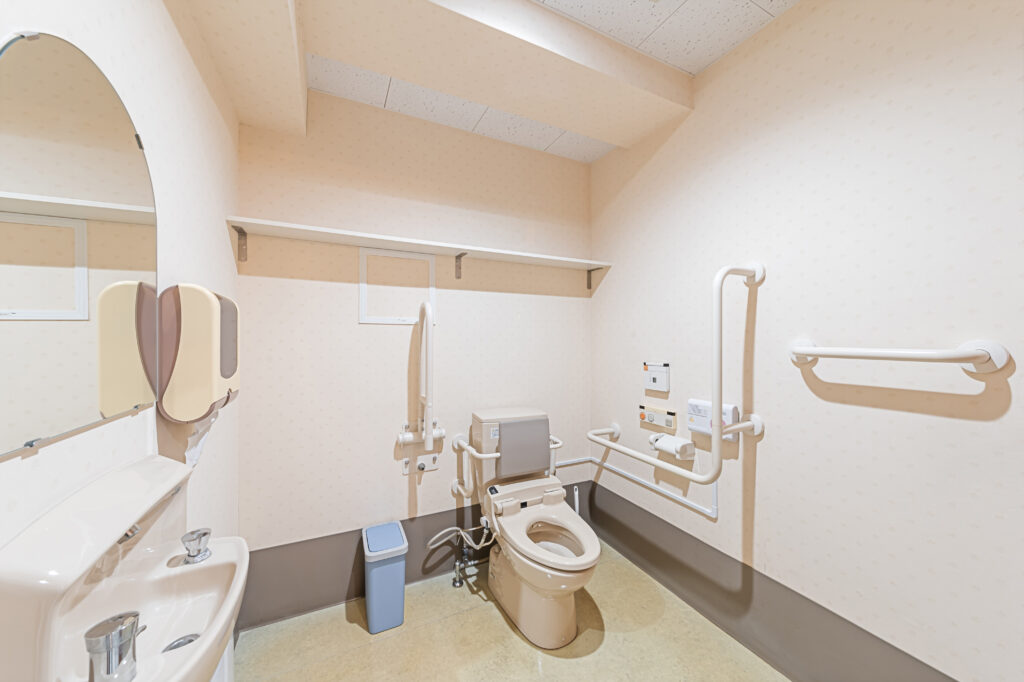
Unlike many other countries, Japan not only has a number of public toilets, but they are free to use and — in almost all instances — well maintained and clean. This can be a real lifesaver for some: a friend who visited that was suffering from a dicky stomach was amazed at how clean the toilets were, and how easily they could be accessed.
Not only that, but high-quality toilet seats, with built-in noise makers, sprays, and even heating for the winter months are common in supermarkets and convenience stores: even some train stations use these.
Cons of Living in Japan
Sounds great, right? But, regrettably, Japan is not some all-benevolent nation that will cure all of your woes. There are many things to love about living here, but many things that can be difficult, too. What are some of the toughest?
Isolation
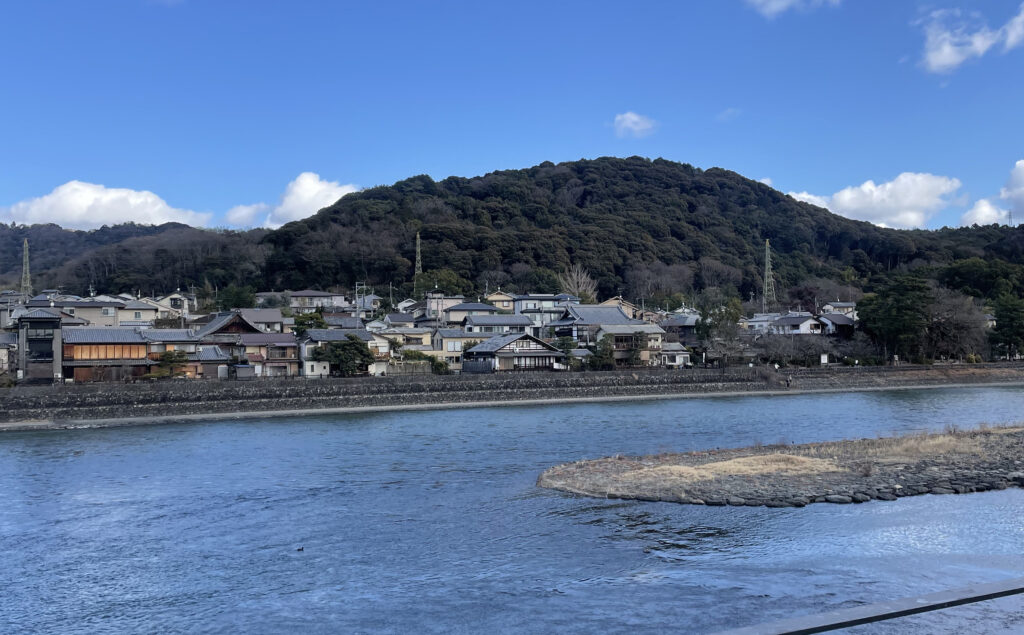
Luckily, this one is easily remedied with a little time and effort. But for many, moving to Japan can be an isolating experience. For some, it is the first time away from home, or the first time they are in a location where they don’t speak the language fluently, and are away from friends. As such, it can be difficult to feel settled at first, even during the honeymoon period.
However, with new coworkers, neighbors, and the numerous clubs and organizations that promulgate the country (I even managed to join a club for Indiaca — a cross between volleyball and badminton — in a small town in Aichi prefecture) there are many ways to make friends.
High Prices
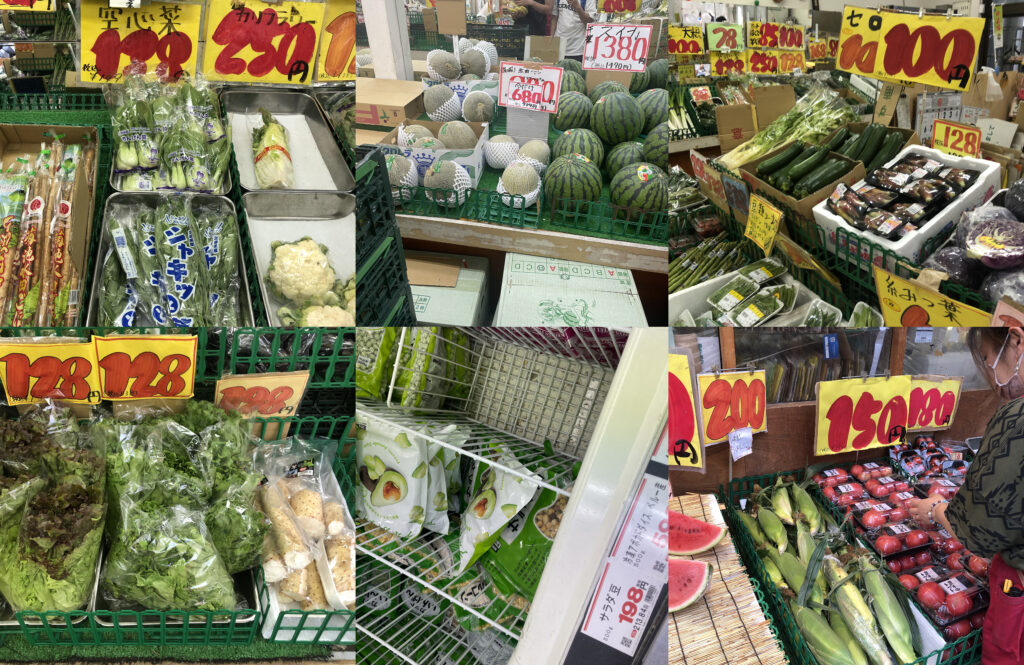
Wait a minute, didn’t we just say that things in Japan are affordable? Well, yes. In some ways. However, there are other ways in which Japan can be comparatively very expensive. First of all: fresh produce.
I was stunned to see how relatively expensive basic fruits and vegetables are in Japan. I no longer buy apples unless it is a special occasion; cucumbers are smaller, but somehow pricier; forget about it when it comes to bananas.
Meat, interestingly, is inexpensive, as is rice (thanks to government subsidies to protect farmers). But this means if you want something more than pork and rice in your bento every day, you might have to shell out.

Visit your local grocery store before closing time for discounted prices on bento boxes.
For more info on cost of living and living on minimum wage in Japan, check out the articles below!
Read More
Japanese Business Culture

In many ways, Japanese business culture can be good: a premium on harmony, and a priority on maintaining peace in the workplace. One thing that is great is the way that, while western companies don’t really care for sick days, thinking they’re just excuses, Japanese businesses will consider sickness or injury just one of those things.
However, the dedication to hierarchy and rigid adherence to the will of the higher-ups can be frustrating for people not used to it. For example, while many westerners might be accustomed to giving their side of the story when it comes to a criticism, in Japan it can often be the case that the criticism itself is the final word.
Further, there is the famed “lateness” culture that can permeate some workplaces. Sometimes, even if the working hours are, say, 9am until 6pm, you might be expected to work late into the evening until at least the boss leaves… even if you’ve already finished all your work. For many Japanese workplaces, this signals dedication. For those unused to it, it is a source of frustration.
No Trash Cans
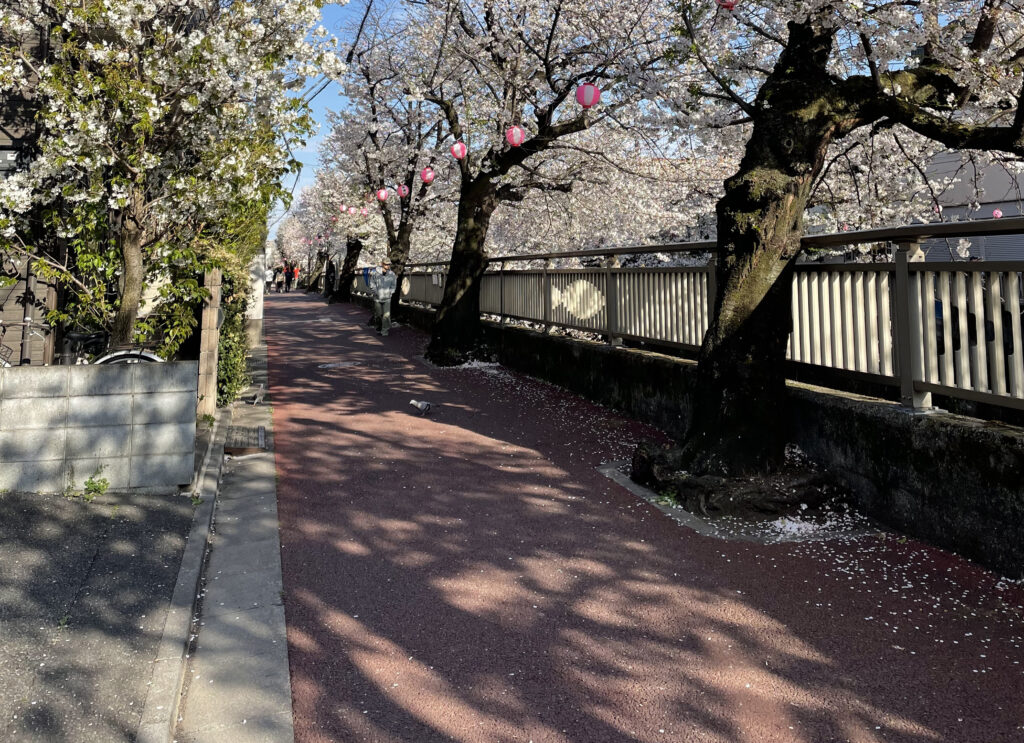
This might seem like a small thing, but because Japanese foods (including small snacks) tend to come with a lot of packaging, it can be more than a little frustrating to have to carry around your rubbish in your backpack or a plastic bag until you get home, when you can put them into your own trash.
While it is true that there are convenience stores that have trash cans, and there are often (though not always) holes for bottles or cans near vending machines, many will explicitly say that they are only for the use of people who use that particular convenience store: no outside trash is permitted.
This is seriously annoying at times, to the extent that I once heard someone despair that, if Japan is so insistent on having multiple laters of packaging (even having plastic wrappers for bananas, despite the fact that bananas have their own, natural packaging) then it should at least be edible.
Lack of 24-Hour Transport
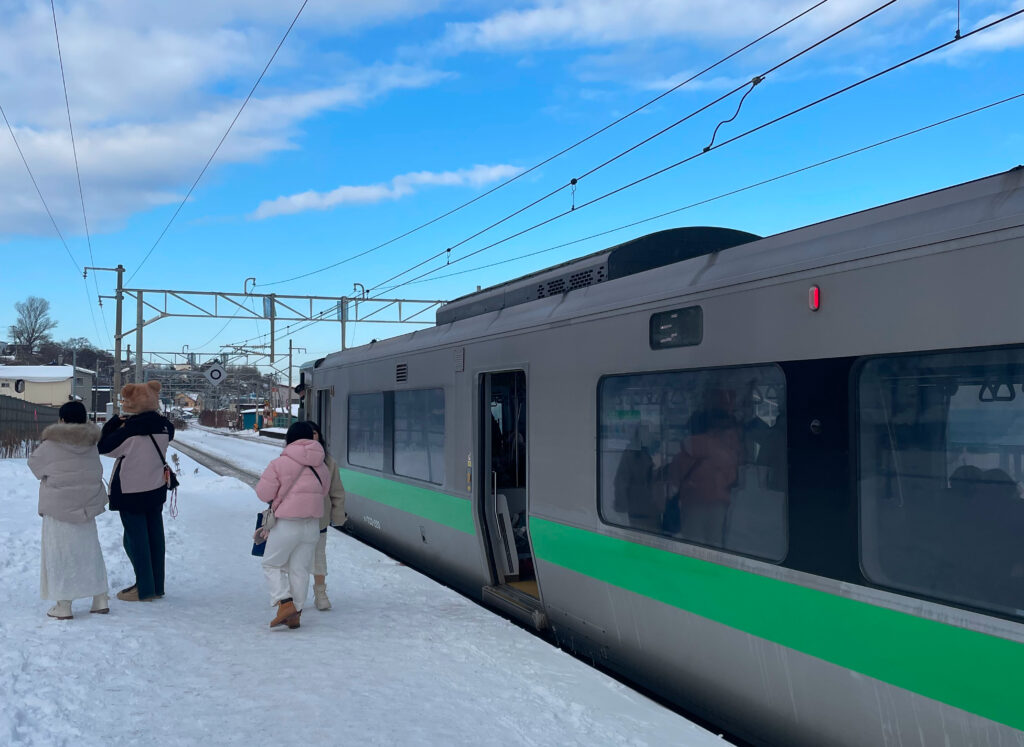
Unusually for a major city, Tokyo does not have 24-hour train service, unlike New York or London. This means that, while trains are typically on time, if you miss the last train, then you’re out of luck. Many a time, I’ve been out with friends and have had to go into an internet cafe to lie down for the night.
Taxis are also available, but, naturally, are somewhat expensive. This can make it difficult if you’re on a night out, and suddenly have to cut your karaoke session short.
Japan is like any country: living here is swings and roundabouts. You have to take the rough with the smooth. It’s about remembering that the smooth is smoother than the rough is rough, and being able to appreciate a chance that few will ever get.






